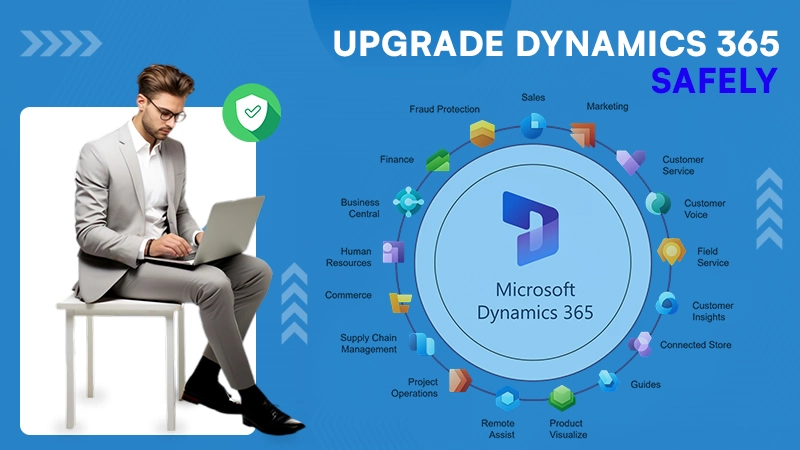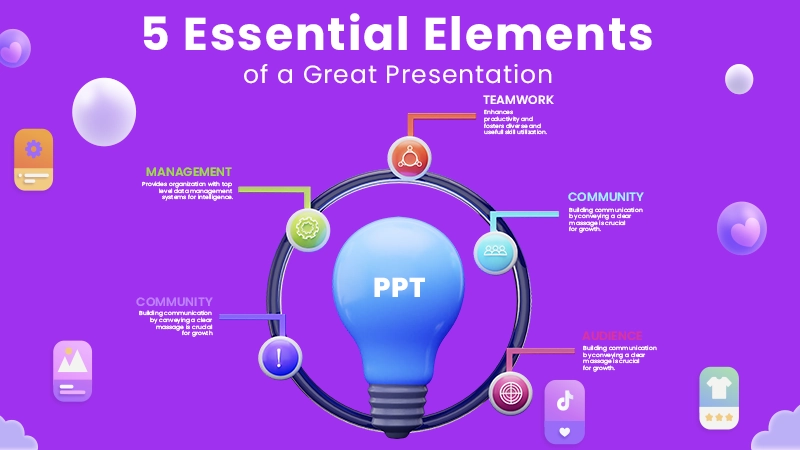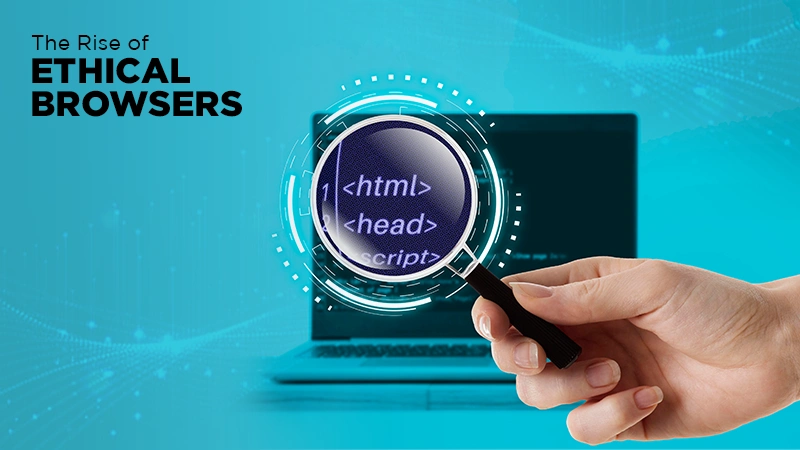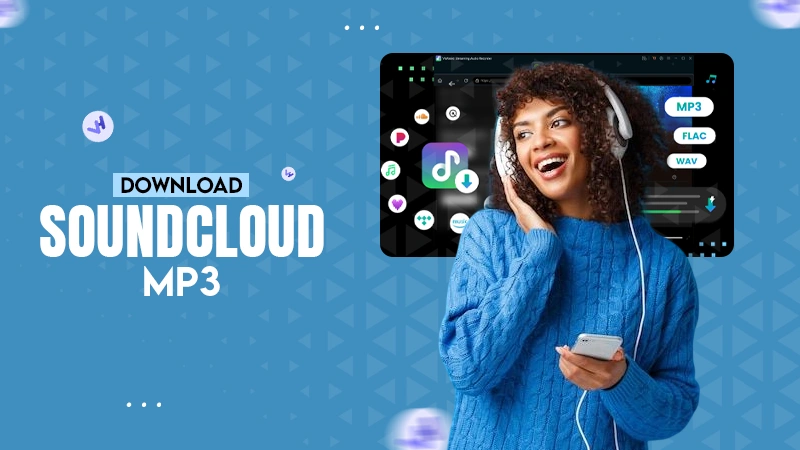Living in the social media era, applications like TikTok, Instagram, and Facebook have changed the way people interact with each other and perceive content. Behind this smooth experience are powerful social media algorithms that determine users’ timelines and engagement feeds.
The use of social media algorithms needs to be understood at all levels: users, content creators, and even policymakers. Kate Richardson, social media and SEO expert, elaborates on what an algorithm is, how it influences adolescent mental health, and helpful practices to help achieve healthy habits.
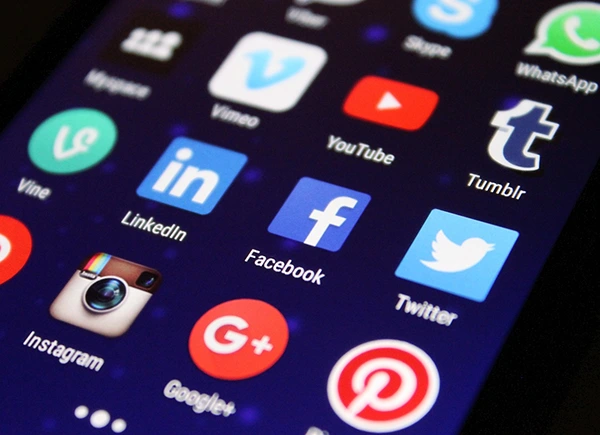
What is an Algorithm Social Media?
An algorithm is a step-by-step procedure, or a set of rules designed to perform a specific task or solve a particular problem. Each social network uses it to determine what content to show and in what order, as users scroll through their feed.
While an art lover’s timeline would include art pieces, museums, and nature, the sports lover would more often than not have a timeline that shows, among in addition to soccer, basketball, or tennis, will display predictions of bets, sports, live events, and suggestions of sites like MightyTips, offering professional reviews.
Algorithms are designed to maximize user engagement on the core product by showing them material most likely to keep their attention. Ultimately, algorithms are designed to keep users engaged. But how, exactly, do they go about knowing what’s engaging?
Social Media Algorithms: Why You See What You See
Algorithms often take into consideration factors like:
- Liking, commenting, sharing
- Time spent on Posts
- Interactions with similar content
- User demographics
- Social media benchmark of history for user engagement
This makes the experience unique for everyone and will make sure that what is served is tailored to our interests and previous behavior. Such personalization can have both positive and negative effects on mental health.
Why are Social Media Algorithms So Important?

They are important because they shape what users experience daily. They influence what you see, who you interact with, and how you perceive the world around you. In curating content, it is optimized to keep us engaged.
This is done through recommendations that videos or posts show on Instagram and others, hence showing something new and relevant at each moment. The influence, however, is deeper among young people: social media use among youth is associated with body image, self-esteem, and eating disorders. This is but just one of the many effects of social media algorithms and mental health.
Algorithms amplify certain contents, often idealized and filtered images, which have the potential to cause social comparisons that can eventually lead to feelings of inadequacy, increasing the risks for mental health problems.
Social Media Algorithms by Platform
Why do social media apps use recommendation algorithms? Several social media platforms make use of different algorithms in improving user experiences, especially on what matters most to social media users. Let’s look at how social media algorithms work on major platforms:
TikTok
Chris Stokel-Walker, author of TikTok Boom, said, “One person at TikTok in charge of trying to track what goes viral and why told me in my book that ‘There’s no recipe for it, there’s no magic formula.’ The employee even admitted that ‘It’s a question I don’t think even the algo team have the answer to. It’s just so sophisticated.’ “It pushes the boundaries of your interests and monitors how you engage with those new videos it seeds in your For You Page,” says Stokel-Walker. “If it thinks you like videos about Formula One, it might show you some videos about supercars.”
It has a very personalized recommendation system, the FYP or For You Page, which relies on machine learning to predict what videos the users will interact with. The algorithm of the platform often recommends content based on user interactions such as likes, comments, shares, and even the time spent watching a particular video.
The algorithm works in a way that favors interactions by users, the relationship between users, and the recency of posts. That means algorithms for Stories, Reels, and posts are created in such a way that they optimize for engagement to make people want to come back for more.
The Facebook algorithm will only bring forward the content from your closest friends, family, and groups that you interact with most. Facebook will also focus on providing ads to users that follow or lead their browsing behavior and interests.
These social media platforms use content tailored with the help of an algorithm in accordance with their ultimate goals. The consequences of this could be huge on the mental health of adolescence, specifically in cases when the algorithm endorses extremist content which may influence youngsters more easily than others. Chan School of Public Health research focuses on how social media algorithms further showcase content that’s harmful towards body image and eating disorders.
How to Keep Ahead of the Algorithm for Content Optimization
The algorithms center on what matters most: the social media users. Though algorithms might be a circle outside our radius of control, there are ways through which you can remain updated to optimize your content in such a way that it assures positive impact.
A few tips for the creators and users would be:
Curate with Care
Instead, focus on creating positive, inclusive content that fosters good social networking habits. Your content should focus on reducing negative stereotyping, poor body image, and unrealistic beauty standards.
Be Authentic
Most often, the algorithm will reward an interaction when it’s organic. So, avoid clickbait and other hazardous trends that create mental health problems, including anxiety and stress.
Monitor Screen Time
These are very addictive platforms, both TikTok and Instagram; they make you spend much more time than you really plan for. Limiting the time spent on them also helps not get involved with too much mental disturbance and constant exposure to probably very dangerous content.
Follow Accounts that Promote Positivity
Engage in and connect with content that speaks for your values and depicts positivity toward mental health, not being caged in negativity.
The Effects of Algorithms in Social Media on Mental Health in Teens
A growing concern is the way algorithms used in social media influence adolescents’ mental health; all too often, these algorithms increase anxiety, depression, and distorted self-image.
Jack Resneck Jr., M.D. and the President of the American Medical Association said,
“With near universal social media use by America’s young people, these apps and sites introduce profound risk and mental health harms in ways we are only now beginning to fully understand. As physicians, we see firsthand the impact of social media, particularly during adolescence-a critical period of brain development.”
Research indicates that social media designed to make people more connected, have instead resulted in negative psychological effects, especially in teenagers who are most vulnerable to curated profiles and peer pressure online.
- Social Comparison and Self-esteem: Algorithms more often than not tend to advance idealized images, thus leading to social comparisons that only tear down self-esteem. This results in emotional responses such as fear of missing out, decreased life satisfaction. Ultimately this can lead to anxiety
- Body Image Issues: The constant exposure to unattainable standards of beauty heightens the risk of poor body image and eating disorders.
- Anxiety and Depression: Those adolescents who are exposed to highly salient or ideal content are more likely to experience increased levels of anxiety and symptoms of depression.
- Filter Bubbles and Echo Chamber: Algorithms are designed such that they give more interest to content in line with users’ preference, as such creating echo chambers promoting harm.
Algorithms tend to increase user engagement by often promoting sensational or violent content. For example, various research studies have shown that the algorithms at TikTok can flood users with videos on weight loss that may strongly affect the self-esteem of vulnerable adolescents.
Continuous exposure to curated content may relate to increasing feelings of inadequacy and anxiety, because studies detail a strong association of social media use with the onset of mental health problems such as depression and low self-esteem.
These effects bring us to the need for regulation and intervention; such a policy measure was done by Costello et al., 2023, around the Age Appropriate Design Code Act in California. Thus, educational courses on digital literacy and guidance from parents are quite important for reducing such influences.
On the other hand, though algorithms can be very harmful, they also create opportunities for connection and support among adolescents; thus, challenges should be addressed in a balanced way.
Final Thoughts
Social media algorithms engineer the on-site behaviors of the users, and they do so to the point that they define what a user gets to see and what is hidden from the user’s eyes. These have an impact on mental health and may sometimes produce anxiety and depression if one fails to keep a balance. This, therefore, calls for consideration of the possible negative impact of the algorithms of social media platforms, particularly in adolescents and vulnerable groups.
Other ways to create awareness would be the promotion of healthier digital environments, and by prompting social media users to curate their feeds wisely. This could minimize the negative bearing that these algorithms have on the psyche. State lawmakers and Attorneys General should consider using algorithmic transparency to regulate social media companies. In addition, as more research has emerged that points to specific harms from social media algorithms, so too has grown the advocacy for innovative, politically viable policy actions that move the needle to advance mental health for all social media users.

